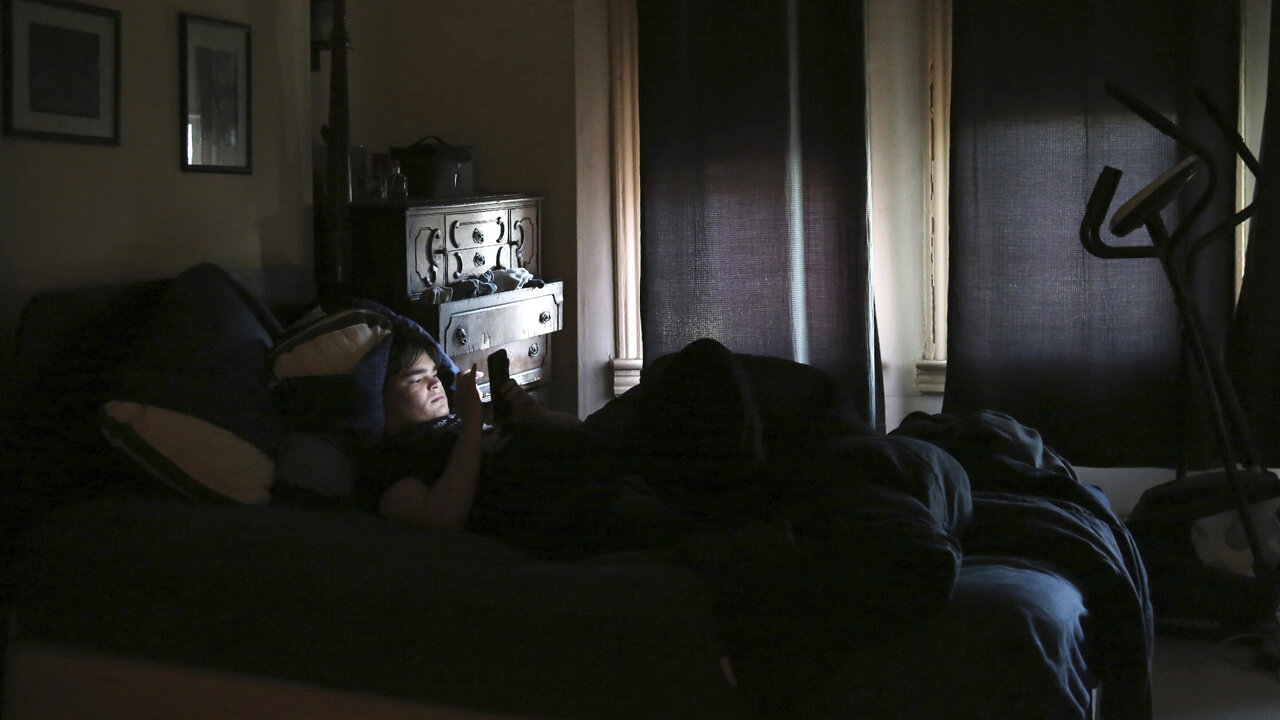According to Lisa Strauss, a licensed psychologist who specializes in cognitive behavioral treatment of sleep disorders, our brain perceives electric light as sunlight. This suppresses melatonin production and delays the transition to deep sleep. And even a small amount of bright light in bed affects this.
Sleep problems are also associated with “technostress.” Social media algorithms force many people to scroll through their feeds for longer than they intended.
So how can you get rid of this habit? One obvious change is reading a regular book (not an electronic book). You can also use this time before bed to take a hot bath, listen to a podcast, make lunch for the kids, spend time with your family, or talk to a relative on the phone.
Also, if you’re going to do something in the evening, do it all in another room so your brain associates bed with falling asleep. If there is no other room, create a separate microenvironment for wakefulness and sleep. So, for example, you should sit on the other side of the bed, not the side you sleep on.
Finally, leave your smartphone in another room or on the other side of the room.
News materials cannot be equated with a doctor’s prescription. Consult an expert before making a decision.
Source: Ferra
I am a professional journalist and content creator with extensive experience writing for news websites. I currently work as an author at Gadget Onus, where I specialize in covering hot news topics. My written pieces have been published on some of the biggest media outlets around the world, including The Guardian and BBC News.










